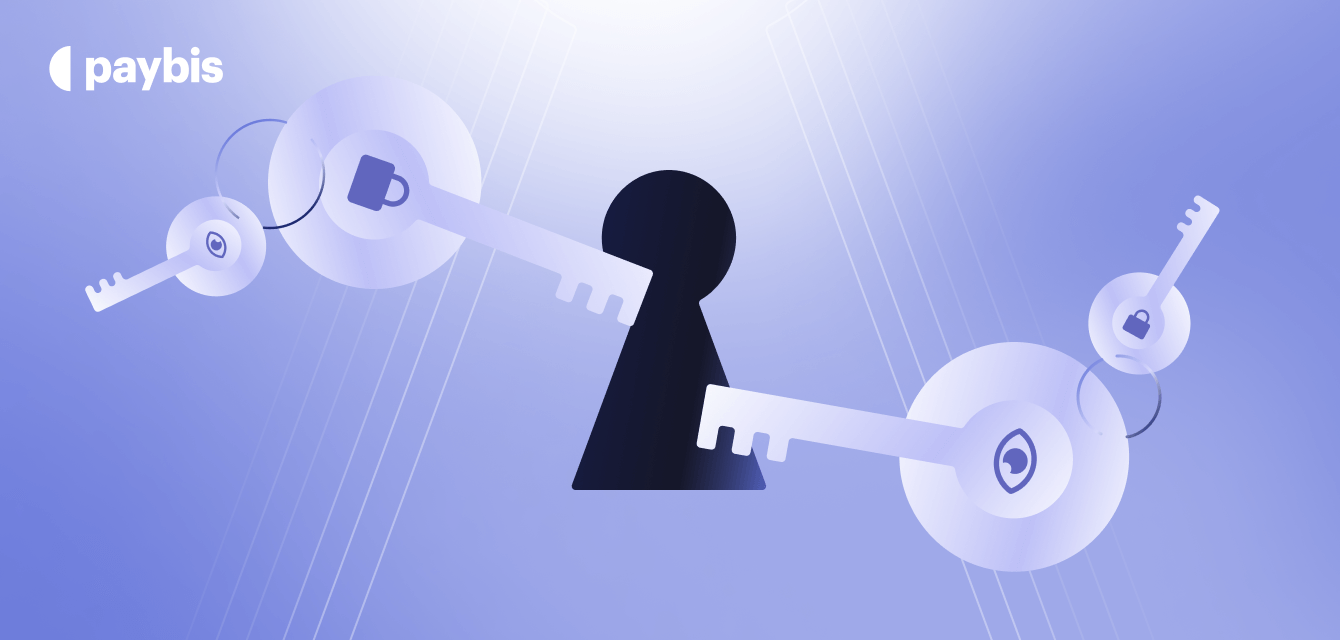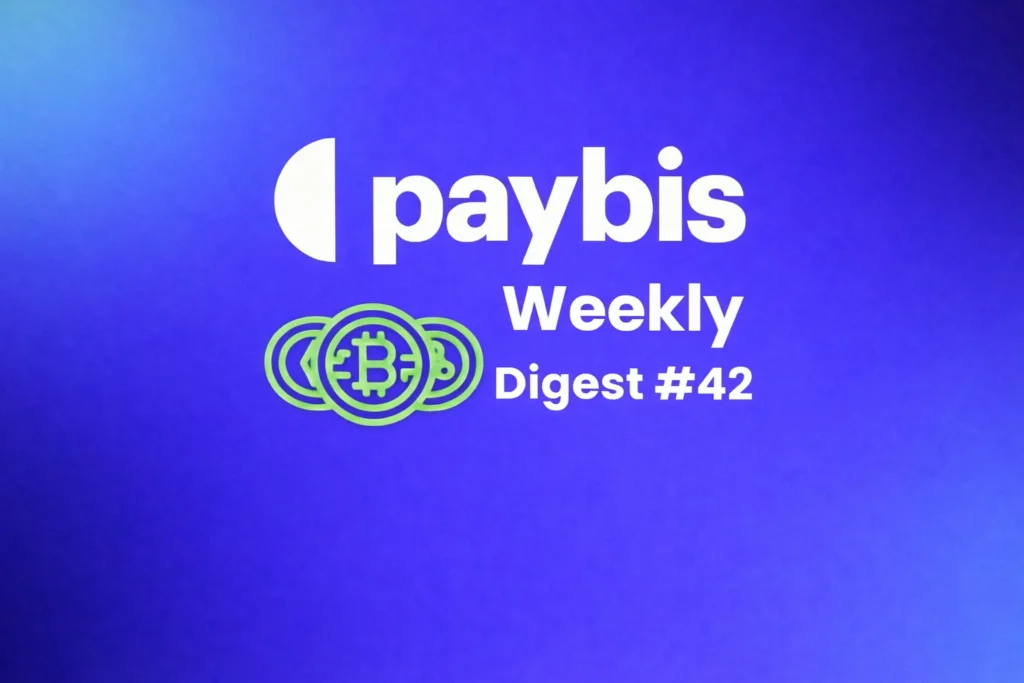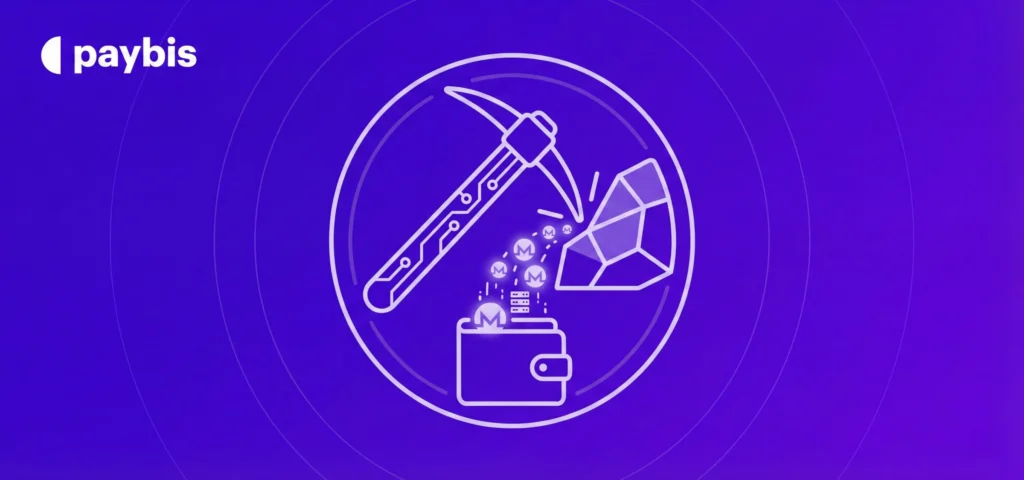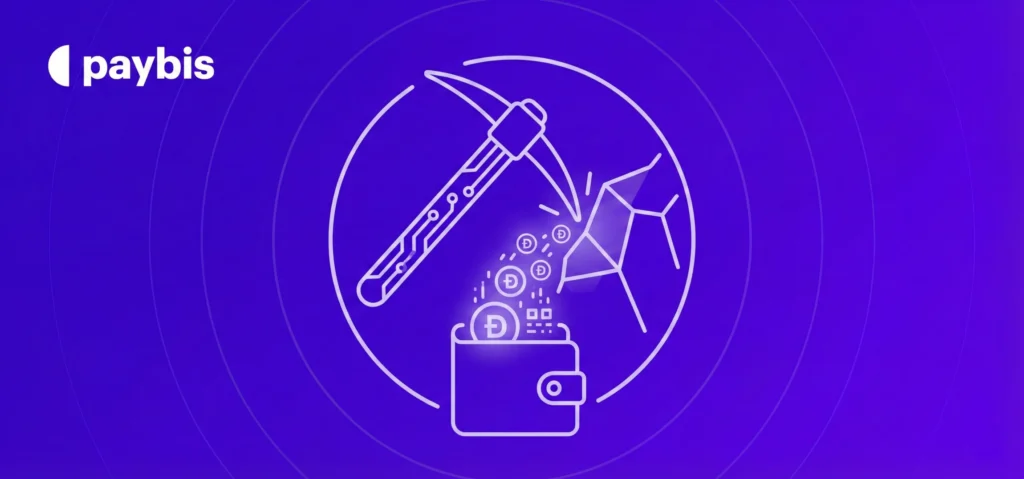How to Find Old Bitcoin Wallet to Recover Your Bitcoins?
Losing your keys or wallet is frustrating, but what if you lose access to your digital wallet that holds different cryptocurrencies like Bitcoin? Interestingly enough, you wouldn’t be the only one.
As Bitcoin began to grow, reaching the famous $100,000 threshold early in December 2024, people’s interest in this digital asset only increased. However, from the total Bitcoin supply of 21 million Bitcoins, it’s estimated that around 1.8 million BTC is lost.
Reasons may differ, but the fact stands that people are starting to look for ways to recover their old Bitcoin wallets. So, let’s explore everything there is to know about Bitcoin wallets, cover the basics, and discuss what you can do to recover your lost wallet.
Table of contents
What Is a Bitcoin Wallet?
Ever since Bitcoin was introduced back in 2009 by an anonymous group known as Satoshi Nakamoto, the world of finance has changed. People started looking into Bitcoin as a valid alternative, so to make it easier to store digital assets, Bitcoin released Bitcoin Core (or Bitcoin-Qt), the first crypto wallet.
The main purpose and function of crypto wallets, from the first to the ones we have today, is to allow users to safely and securely store, receive, and conveniently manage digital assets. Crypto wallets have unique cryptographic codes known as private keys that give you access to Bitcoin and link to public addresses for transactions.
Private Keys vs Public Keys
There are two types of keys that are typically associated with crypto wallets:
- A private key is a secret, cryptographic key that gives you complete control over accessing and managing your digital assets. It’s used to sign transactions and is usually displayed as a long alphanumeric code. Private keys must be kept secret; if they’re stolen, your funds can be accessed and stolen.
- A public key is a cryptographic key that comes from the private key. It’s used as an address or identifier to receive cryptocurrency, so it can be shared openly to send and receive cryptocurrencies safely.
Crypto Wallet Types
Crypto wallets have grown since Bitcoin was launched, offering different usage purposes with unique benefits and features. Currently, there are two main categories of crypto wallet types: hot wallets and cold wallets.
Hot Wallets (Online)
A hot wallet is an online wallet that stores private keys on devices that are connected to the internet. They’re extremely convenient and offer great flexibility, making them popular for many crypto enthusiasts. At the same time, hot wallets are more vulnerable to hacking and theft. Examples:
- Mobile wallets: Mycelium, and Paybis Crypto Wallet.
- Desktop wallets: Exodus and Electrum.
- Web wallets: MetaMask and Blockchain.com.
- Exchange wallets: Binance, Coinbase, and Paybis.
Cold Wallets (Offline)
In contrast to hot wallets, cold wallets are offline storages that hold private keys. Cold wallets are known for their enhanced security because they’re disconnected from the internet. Examples:
- Hardware wallets
- Paper wallets
How Are Bitcoin Wallets Lost?
Now that we’ve gone over the basics of crypto wallets as a whole, it’s time to dig into the question of how Bitcoin wallets are lost in the first place. To date, two of the most common causes of lost wallets are forgotten login credentials or recovery phrases and misplaced private keys.
If you’ve lost your login info and can’t remember your account or BTC wallet password, you can recover your account with private keys. However, once a private key is lost or worse, stolen – account and fund recovery is lost forever. Dormant Bitcoin addresses (wallets that aren’t active) are also common. Some notable examples of the biggest lost wallets include:
- Satoshi Nakamoto’s wallet: This wallet (or wallets) has around 1 million BTC which haven’t been moved since they were minted. It remains unclear whether the access was lost or if the responsible party has died. To put this into perspective, 1 million BTC equals almost $100 billion.
- Mt Gox wallet: Similar to Nakamoto’s wallet case, it’s unknown who owns this crypto account or what’s happened to it. What we do know is that is has over 80,000 BTC in it. That’s around $7 billion today.
- James Howells’ wallet: Perhaps one of the saddest examples, James Howell accidentally threw away his hardcore drive with his private key. He has over 8,000 BTC, or roughly $150 million.
Other, less common causes also include hardware or device failures, software issues like wallet file corruption, accidental account or wallet backup info deletion, and theft or hacking. Finally, there’s also the case of abandoned wallets when people might’ve jumped on the Bitcoin train in the early 2000s but left their wallet addresses.

Bitcoin Wallet Recovery
Losing access to your Bitcoin wallet is extremely stressful and disheartening, especially since Bitcoin has grown so much. However, if you want to recover lost Bitcoin wallets, it’s possible with the right approach. Here are the key steps you should take to recover your Bitcoin address data:
- Use backup seed phrases, typically 12-24 words, to recover encrypted wallets and access lost Bitcoins.
- Recover access from private keys to restore access to your lost wallet.
- Check your backup files and export the data (.dat file for Bitcoin Core).
- Run a puran file recovery, a free Windows OS software, to check deleted or lost partitions for wallet address information.
- Contact your wallet provider and ask for assistance, just note that most wallets are decentralized, meaning that support may be limited.
- Reach out to professional crypto recovery service providers like Bitcoin Recovery Co., Crypto Asset Recovery, KeychainX, or others, but these will come with their own fees.
How to Find Bitcoin Wallet by Email?
If you find yourself in a situation where your email address is the only thing that can help you track your lost Bitcoin wallet, there are things you could try. However, it’s important to note that recovering lost or deleted files with an email is a difficult task.
This is mostly because of the privacy and security features of the Bitcoin blockchain. Most modern wallets aren’t tied to personal information like email addresses to keep digital asset addresses safe. However, if you don’t have any other means of recovering your lost data or backup phrases besides your email, you could try to:
- Check for wallet registration information with an exchange platform or a service provider if you created a wallet using their services.
- Use the password recovery process and check two-factor authentication (2FA) for more information.
- Review email-linked wallet services as some allow to open crypto wallets using email addresses as part of their recovery processes.
- Contact your wallet provider, most established platforms have a wallet recovery process.
- Use tools like Blockchair, Etherscan, or Blockchain.com to look for past Bitcoin transactions on the blockchain.
How to Recover Stolen Cryptocurrency?
Cryptocurrencies and blockchain technology have certainly brought innovation. However, the fact that so much sensitive information is stored on online networks makes that information a prime target for hacks and digital asset theft.
Recovering lost access to your wallet with Bitcoins is one thing, but once your digital funds are stolen after a successful hack, the problem only grows. This is because now it’s not just you and your lost logins. Theft involves your wallet service provider, hardware, online services, and more.
At the same time, as messy as this may sound, safety regulations have evolved quite a bit, safeguarding and offering certain protection to Bitcoin owners. If you experience a theft, here’s what you can do:
- Contact your wallet provider immediately and notify them of the situation. This way you’ll not only be proactive but help your provider respond quickly towards protecting other accounts.
- Report the theft to the appropriate authorities. While cybercrime teams are still developing, some countries or jurisdictions are actively working on cryptocurrency-related crimes.
- Track your stolen funds. Losing Bitcoins can be devastating, but most cryptos like Bitcoin can be traced through its public ledger (blockchain). This won’t bring back your funds, but it will provide valuable information to help track the thieves.
How to Claim Unclaimed Bitcoins?
Unclaimed Bitcoins are what we know as funds that are sitting in usually a dormant wallet without being used for a long period of time. This may happen due to forgotten or lost private keys, login info, recovery phrases, or unclaimed Bitcoin addresses.
The most common practice in trying to recover unclaimed Bitcoins is to use backup information. If you’re unsuccessful online, try to dig through your old computer files or hardware. Whatever your actions, the bottom line is, if you’ve lost your private keys, recovering lost assets is impossible.
Crypto Recovery Services & Tools
There’s only so much you can do yourself, but if the Bitcoin wallet recovery process is proving to be more difficult than expected, you can utilize crypto recovery services and Bitcoin wallet lookup tools. Though, keep in mind that while it’s a great alternative, success is never guaranteed.
Professional Crypto Recovery Services
Providers offering these services usually employ different advanced methods like forensic analysis, key recovery tools, or blockchain tracking methods to help you recover lost wallet files and funds.
- KeychainX: This provider specializes in private key and login credential recovery and assisting customers with restoring lost funds from most crypto wallet providers.
- Bitcoin Recovery: Focuses on helping people who have specifically lost their Bitcoin wallet or access keys. Luckily, their success rate is high, but so are the associated service costs.
- Crypto Asset Recovery: Similar to KeychainX, this provider works with customers to recover lost cryptocurrencies from different wallets, including Bitcoin, Ethereum, and others. In their search, they use forensic analysis and blockchain expertise.
Software Tools for Self-Recovery
If you want to try and recover your own files, here’s a list of software tools you could look into:
- Wallet Recovery Services: A paid service, offering private key and seed phrase recovery for most major wallets.
- BTCRecover: It’s an open-source tool for recovering Bitcoin wallets, great for recovering lost wallets with seed phrases.
- Private key recovery software: If you have access to at least some recovery information, tools like Electrum or Armory help you track down and access your lost wallet.
How to Keep Your Bitcoin Wallet Safe
The most attractive feature of Bitcoin is its decentralization, but this also means that securing your funds is mostly on you as well. We’ve learned that losing Bitcoin wallet data can be troublesome, and while most of us don’t have 1 million BTC stored in a lost wallet, it’s best to be aware of the best practices that will help you keep your wallet and BTC safe.
- Use strong passwords and enable two-factor authentication (2FA). You may also consider pairing up your logins with authentication apps and password managers like LastPass or 1Password.
- Back up your wallet and recovery phrase. Web wallet backups are probably one of the most important steps you can take to secure your digital assets. Backups usually include a recovery phrase, so it’s a good practice to keep multiple backups in secure locations, like a safe deposit box.
- Use multi-signature (multi-sig) wallets. These wallets require multiple private keys to authorize transactions, making this a great choice for large-sum transactions and safeguarding bigger crypto accounts.
- Choose your software wisely and keep it or make sure it’s updated. Older wallet software may be vulnerable to attacks from hackers, so research different wallet options and choose one with great wallet security features and technical support.
Summing Up
Most of us have experienced losing something valuable, be it credit cards, home, or car keys, but usually, the consequences are manageable. With lost Bitcoin wallets, the situation becomes much more complicated.
Even so, if you’re looking for ways to find old Bitcoin wallet or how to recover stolen cryptocurrency, there are steps you can take to help you in this process. Follow the key takeaways in this article, and use this information to regain access and recover lost data!
FAQ
How to open a Bitcoin wallet?
If you want to create a Bitcoin wallet, first you have to consider the wallet type and review popular brands that align with your needs. Platforms like Paybis offer in-house crypto wallet, so if you’re using our platform to buy cryptos, you can easily create an account and use the Paybis Wallet.
The sign-up process for most online wallets is pretty straightforward. You should first create an account with your basic details and that should be it. One thing to note is that depending on the provider, you might also be asked to complete a Know Your Customer (KYC) process.
How do I find my Bitcoin wallet address history?
To find your Bitcoin wallet address history, you should go to your crypto wallet and navigate to the section where you can see your transaction history (which may also be called activity). Usually, there’s a Bitcoin address associated with every transaction together with other details.
Once you have an address, copy and paste it into a blockchain explorer to track every Bitcoin address. If you have several wallets, repeat the process.
Can I trace my Bitcoin wallet?
Yes, it’s possible to trace your Bitcoin wallet. One of the best things to do in this situation is to use blockchain explorers like Blockchain.com or Blockchair. Another thing you could do is to check your transaction history, allowing you to get more information on your Bitcoin wallet.
Disclaimer: Don’t invest unless you’re prepared to lose all the money you invest. This is a high‑risk investment and you should not expect to be protected if something goes wrong. Take 2 mins to learn more at: https://go.payb.is/FCA-Info



